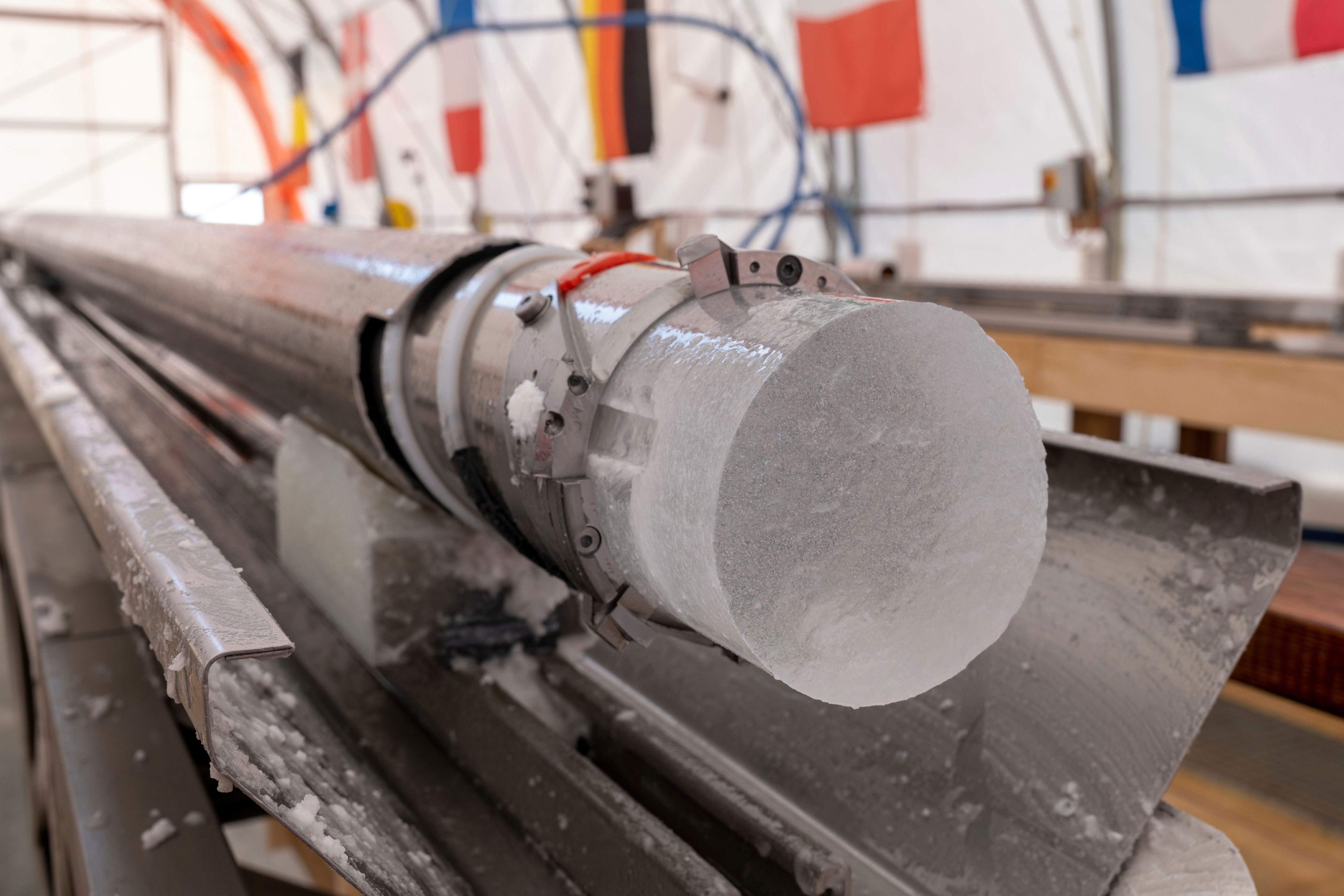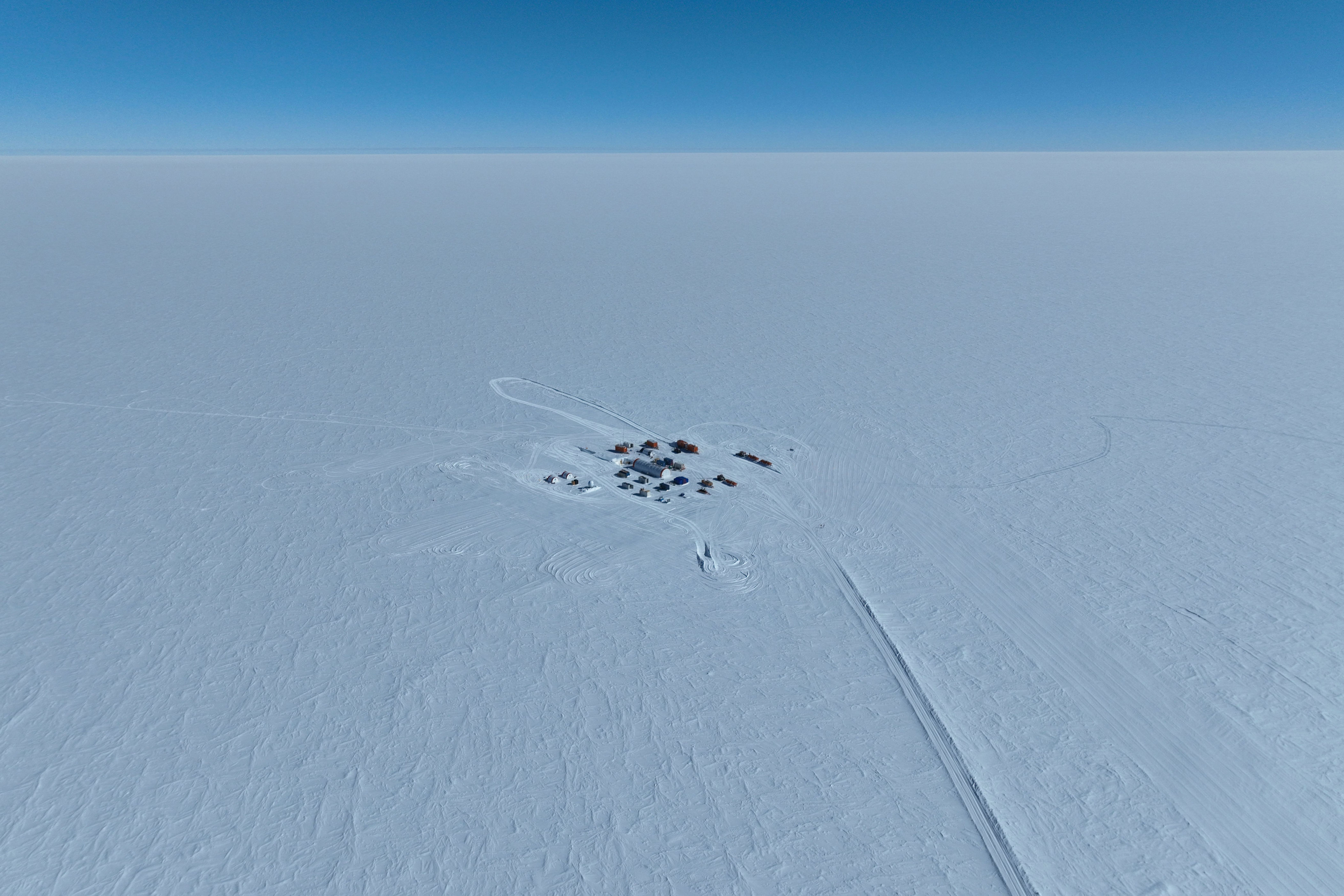bedrock to reach ice that is at least 1.2 million years old.
The same team previously drilled a core about 800,000 years old.
cycles have changed, and may help in understanding how atmospheric carbon changed climate, they said.
“Thanks to the ice core we will understand what has changed in terms of greenhouse gases, chemicals and dusts in the atmosphere,” said Carlo Barbante, an Italian glaciologist and coordinator of Beyond EPICA, the project to obtain the core.
The latest drilling went 2.8 kilometers (about 1.7 miles) deep, with a team of 16 scientists and support personnel drilling each summer over four years in average temperatures of about minus-35 Celsius (minus-25.6 Fahrenheit).

Italian researcher Federico Scoto was among the glaciologists and technicians who completed the drilling at the beginning of January at a location called Little Dome C, near Concordia Research Station.
“It was a great a moment for us when we reached the bedrock,” Scoto said. Isotope analysis gave the ice's age as at least 1.2 million years old, he said.
Both Barbante and Scoto said that thanks to the analysis of the ice core of the previous Epica campaign they have assessed that concentrations of greenhouse gases, such as carbon dioxide and methane, even during the warmest periods of the last 800,000 years, have never exceeded the levels seen since the Industrial Revolution began.
“Today we are seeing carbon dioxide levels that are 50% above the highest levels we’ve had over the last 800,000 years," Barbante said.
The European Union funded Beyond EPICA (European Project for Ice Coring in Antarctica) with support from nations across the continent. Italy is coordinating the project.

who was recently awarded the National Medal of Science for his career studying ice sheets.
Alley said advancements in studying ice cores are important because they help scientists better understand the climate conditions of the past and inform their understanding of humans’ contributions to climate change in the present.
“This is truly, truly, amazingly fantastic,” Alley said. “They will learn wonderful things.”
.


Post a Comment
0Comments